Guides
Acts of ParliamentDevolved GovernmentHouse of CommonsHouse of LordsLegislative ProcessWhitehallPolitical PartiesPublic InterestThe Political Process Display All
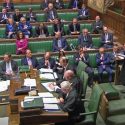

Committee of the Whole House
A Committee of the Whole House is when the Committee Stage of a Bill is taken on the floor of the House of Commons. Such committees normally only take place for emergency Bills, for certain clauses of the Finance Bill and for the clauses of Bills that have constitutional significance.Read More


Consideration of Amendments
If a Parliamentary Bill is amended in the Lords or Commons, and the Lords or Commons reject or change the other House's amendments, it must return to the other House so it can endorse or reject the amendments.Read More
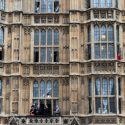

Draft Bill
A draft Bill is a preliminary form of a Bill. It may contain all or only parts of the Bill the Government wishes to introduce.Read More


First Reading
The introduction (also known as the presentation or bringing in) of a Bill into the House of Commons takes the form of its formal First Reading. There is no debate at this stage. Read More
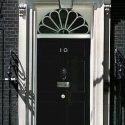

Government Bills
Government Bills are Public Bills that are introduced by Government Ministers.Read More


Money Bills
Money Bills are Bills that deal solely with expenditure. The 'privilege' of the Commons on financial arrangements has long been accepted. The Commons Speaker designates a Bill, a Money Bill, before it arrives in the Lords.Read More
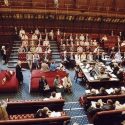

Parliament Act
The Parliament Act allows for a Bill to become law without the agreement of the Lords when certain conditions have been met. The Bill must have been introduced and passed by the Commons in two consecutive Sessions, with the Lords on both occasions actively preventing its passage.Read More


Pre-legislative Scrutiny
Draft Bills are normally subjected to pre-legislative scrutiny at the hands of a joint-committee of MPs and peers formed for that purpose.Read More
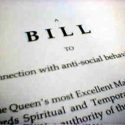

Primary Legislation
Primary legislation (Bills and Acts) is split into two categories - Public Bills and Private Bills (with Hybrid Bills in a sub-category between the two).Read More
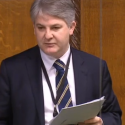

Private Members Bills
Private Members Bills are Public Bills that are introduced by backbench Members of Parliament. The Abortion Act, 1967, introduced by the then Liberal MP, David Steel, is perhaps the most famous Private Members Bill in recent times.Read More
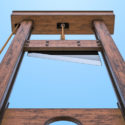

Programming
All Government Bills are programmed, also known as timetabling. The programming of every Bill is a recent development. Historically 'guillotining' debates on Bills was used sparingly and only for key legislation.Read More


Queen’s Speech
The State Opening of Parliament, with all its pageantry and pomp, marks the beginning of a new Parliamentary Session. In the associated Queen's Speech, the Monarch reads out the Government's proposed legislative programme for the Session. During the event, an MP is held hostage at Buckingham Palace until the Monarch returns.Read More
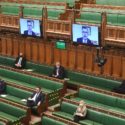

Report Stage
This Report Stage of a Bill occurs normally at least two weeks after the end of the committee stage of a Bill.Read More
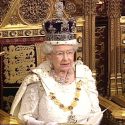

Royal Assent
Upon receiving its Royal Assent, a Bill then becomes an Act. Since 1952, Queen Elizabeth II has given Royal Assent to more than 3,650 Acts of Parliament.Read More
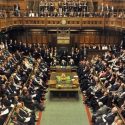

Second Reading
A debate on the Second Reading of a Bill is a debate on its general principles. It is normally held at least two weeks after the introduction of the Bill at First Reading.Read More
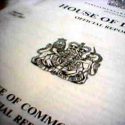

Secondary Legislation
Statutory instruments are known as Secondary legislation They make changes to the law under powers that have been specified in a previous Act of Parliament.Read More
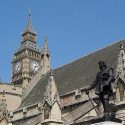

Standing Committees
Standing Committees are like miniature versions of the Commons itself. A new Standing Committee is set up for each Bill, although there are normally no more than eight at one time. Within the Standing Committee, a Bill is debated clause-by-clause.Read More
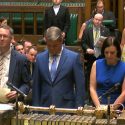

Third Reading
The Third Reading stage of a Bill is normally at least three days after the Report Stage and may last one or two days. Whereas in the Commons, the Third Reading is a debate looking back at the Bill's progress and forward to its implementation, in the Lords, it is a further, and final, opportunity for amendments.Read More


